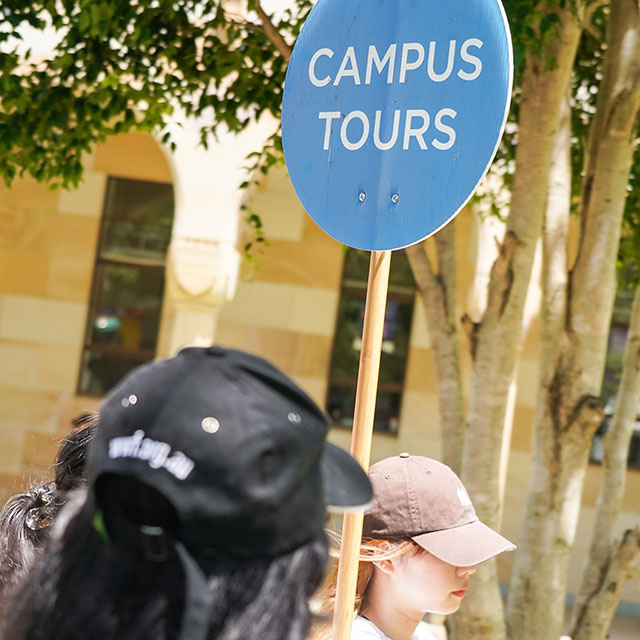As the old saying goes, “choose a job you love and you will never have to work a day in your life”.
In this website you’ll find inspiring examples of people who followed their passion for science, and are forging their own fulfilling path in life.
But how do you find your dream career?
First, think about what you like doing now and what you’re good at, including your favourite subjects and interests.
Then, think about what you might like to do in the future, such as improve people’s lives, care for animals, save the environment, help feed the world sustainably or solve global challenges.
Finally, do your research and talk to as many people as possible, at school, at university, and in the workforce.
Let’s get you started:
1. Define your interests
What interests you and what are you good at?
If science is what really interests you, then choose chemistry, physics or biology in your final years of school.
When thinking about what to study at university, identify which subjects interest you and choose a program (also known as a degree) that meets those interests.
A Bachelor of Science program allows you to follow your interests into more specialised areas in second and third year.
Think about what you like:
- If you’re good with numbers … consider mathematics
- If you’re curious about the universe ... consider physics or astrophysics
- If you want to be part of the next big breakthrough in health, agriculture, science or engineering ... consider biotechnology
- If you’re fascinated by our natural world ... consider biology or marine science
- If you want to know how our earth is changing ... consider environmental science
- If you love animals ... consider veterinary, animal or wildlife science
- If you’re interested in how we feed the world sustainably ... consider agricultural science or agribusiness
- If you like being outdoors ... consider environmental management
Remember that science can be combined with other disciplines such as business, law, communication, sales, marketing and commerce. This means that you can combine multiple interests and skills and open up even more career paths.
2. Think about what you might like to do in the future
There are a huge range of careers you can pursue with a scientific qualification.
Before you think about a career, think about what you would like to achieve in the future.
Maybe you want to:
3. Do your research
 Start with this website: explore the many career pathways taken by UQ Science graduates.
Start with this website: explore the many career pathways taken by UQ Science graduates.
Talk to as many people as you can! Make time to talk with someone face to face about your options before making study or career decisions.
Here are some good starting points to talk to real life scientists and lecturers:
- Visit us at UQ Open Day or TSXPO
- Talk to your teachers about attending a science school event, such as FEAST
Consider becoming a UQ Science Ambassador.
Contact us to speak to UQ experts or book an advising session:
enquire@science.uq.edu.au+ 61 7 3365 1888
